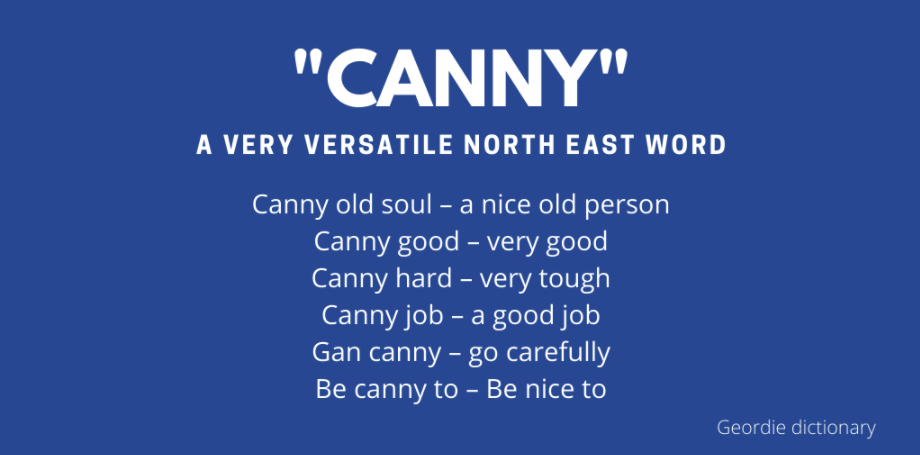Brand and your communications strategy; one of the key areas we professional communicators need a very good understanding of, whoever we work for.
We’re not quite at the point where we can stop explaining to people that your brand is NOT your logo, but I think (hope) we’ve come quite far. And have a look at this discussion on the relative merits (or otherwise) of council logos and you’ll see how little importance is placed on logos in the public sector. The views that people have of their public services are more deep-seated than design elements; it’s much more personal than that.
Place-based branding
For the public sector, and particularly local authorities across England, place-based branding - or, to put it another way, personality of place - is really important. Places, just like each of us as people, often have unique characteristics that give them identifiable personalities.
So knowing and understanding your audience so you can communicate effectively is also about knowing and understanding where they live, at both a macro and micro level, and what it means to them.
It’s why so many councils and local health care services pushed for a localised message for Covid-19 communications. What works for London won’t always work for rural communities in Lincolnshire, tourist hot-spots in Cornwall, or cities like Bradford or Birmingham.
Effective communications for communities
There are other reasons to get this right. An effective place branding can help promote an area as a visitor destination, persuade people to move there, or bring funding into local areas. Economic development is high up the list. The government set up the Towns Fund in November 2019 which will invest £3.6billion into over 100 towns and towns have been bidding for this funding by putting together bespoke proposed investment plans. Preston are one town bidding for funds.
Personality of place can manifest itself in many ways and local public services are well placed to produce effective communications for their communities. They know the local history, what makes their area tick and how to tell stories that are not only authentic to the area, but that evoke a sense of pride.
Not every organisation gets it right, of course, but here are five examples of where the public sector have pitched their communications just right for where they are:
Liverpool council and the football fans cleaning up the city - core to the personality of the city of Liverpool is football. It’s a unifier: or a divider, given there are two big teams, Everton and Liverpool. They’re proud of their footballing history. So when Liverpool won the league after a 30-year wait, this was a big thing. This is a lovely video made by the council about the clean-up operation after the celebrations, and how fans joined forces with the council to keep their city clean.
Midlands road-signs translation - personality of place is also about celebrating the differences. And possibly the most noticeable difference between areas in the UK is in accents and language. I haven’t a clue what this road sign says, but for those living in Dudley I’m sure it made perfect sense.
North Tyneside Council’s Covid comms - another example of language, this time for Covid, and the use of the word ‘canny’. They also did something similar with a weather warning for Storm Ciara (which seems so, so long ago!)
Communicating health messages to a Jewish community in London - sometimes diversity in an area brings additional challenges. Communicating with the 30,000 people in the Jewish community about Covid involved many different approaches, including using trusted voices to get the message across. This video does it really well.
Manchester transport - more humour in signage, this time using song lyrics and football puns, and a bit of Manchester City and Manchester United taunting. Again, football is integral to the city and the signs are instantly relatable to so many people who live there.
Kate Vogelsang is the founding director of Birdsong Consultancy, and specialises in public sector communications, in particular local government and health.
If you’ve got an idea for a blog, or are interested in writing a piece for Authentic, get in touch with Adam here.






